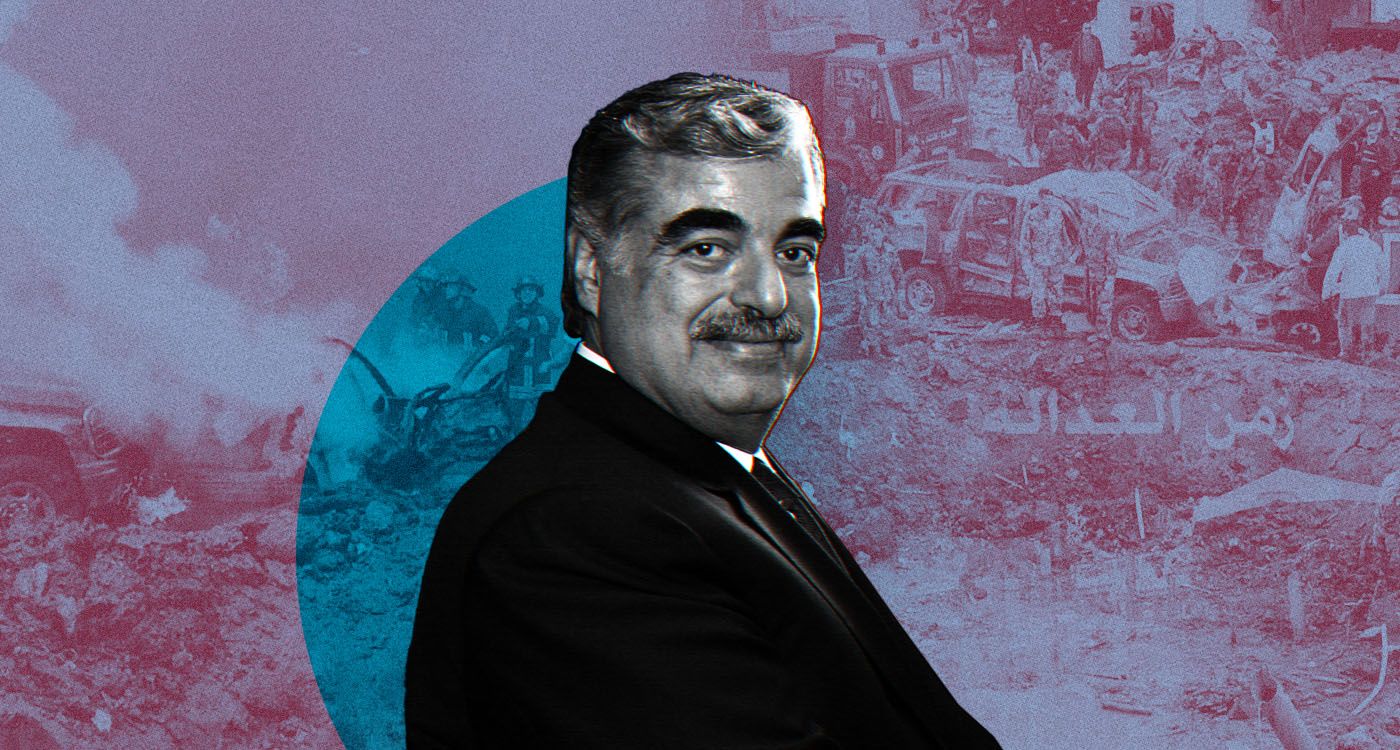
Two key figures orchestrated the assassination of the martyred former Prime Minister Rafic Hariri, although the International Tribunal for Lebanon had initially accused four suspects and later added a fifth.
Mustafa Badreddine and Salim Ayyash were the main perpetrators. The others were primarily accused of fabricating the Abu Adas video and obstructing the truth, but the planning, coordination and execution of the crime rested entirely with Badreddine and Ayyash.
To honorable Lebanese citizens, these two embody the worst of humanity, knowing that security and stability are Lebanon’s strongest defenses against all threats.
No one can reasonably claim that such a heinous crime could have occurred without the endorsement of Hezbollah’s top leadership, despite persistent narratives of fabricated evidence. These allegations have been thoroughly debunked by the International Tribunal’s exhaustive investigation, which produced hundreds of pages of detailed findings after months of rigorous work.
In 2016, Mustafa Badreddine was killed in an operation near Damascus Airport. At the time, Hezbollah blamed extremist groups for orchestrating the attack, elevating Badreddine to martyr status. They even named a street in Beirut after him, indifferent to the provocation this caused among the Lebanese public.
With this move, Hezbollah signaled its rejection of the Lebanese authorities' narrative, which implicated rogue elements within the party in the crime. Instead, Hezbollah sought to present itself as a unified, disciplined force, above reproach.
Fast-forward eight years, and the situation surrounding Hezbollah has dramatically shifted. Its Secretary-General Hassan Nasrallah was assassinated two months ago, and the ongoing war with Israel has left much of the party’s infrastructure shattered. Amid this turmoil, news surfaced from the midst of the war’s chaos reporting the death of Salim Ayyash, the man identified by the International Tribunal as the perpetrator of Rafic Hariri’s assassination, with Mustafa Badreddine as the mastermind.
Justice has been served, allowing Rafic Hariri’s soul to find peace, 19 years after his assassination—and rekindling the hopes of Lebanese people who dreamed of a Lebanon that could be a bridge to both the Arab world and the West, rather than a hotbed of extremism in service of Iran or any other power.
The question remains: Should we rejoice in the deaths of Badreddine and Ayyash, or is that mere gloating? And the more important question: Can we find peace in their deaths, knowing they were killed by enemies of Lebanon?
To answer the first: It is not gloating to see those who committed unspeakable crimes meet the same fate they so callously imposed on others. Eventually, justice will reach the oppressor. As you sow, so shall you reap. All divine religions teach that people will one day face the same treatment they inflict on others.
As for the second question, the answer is simple: Yes, we can rejoice, regardless of who the killers are. The irony is clear—justice for the Lebanese did not come from the State, but from the enemy (Israelis), as the Lebanese government spent years failing to pursue the perpetrators and to bring them to account. Perhaps, the real enemy is the Lebanese State.



Comments